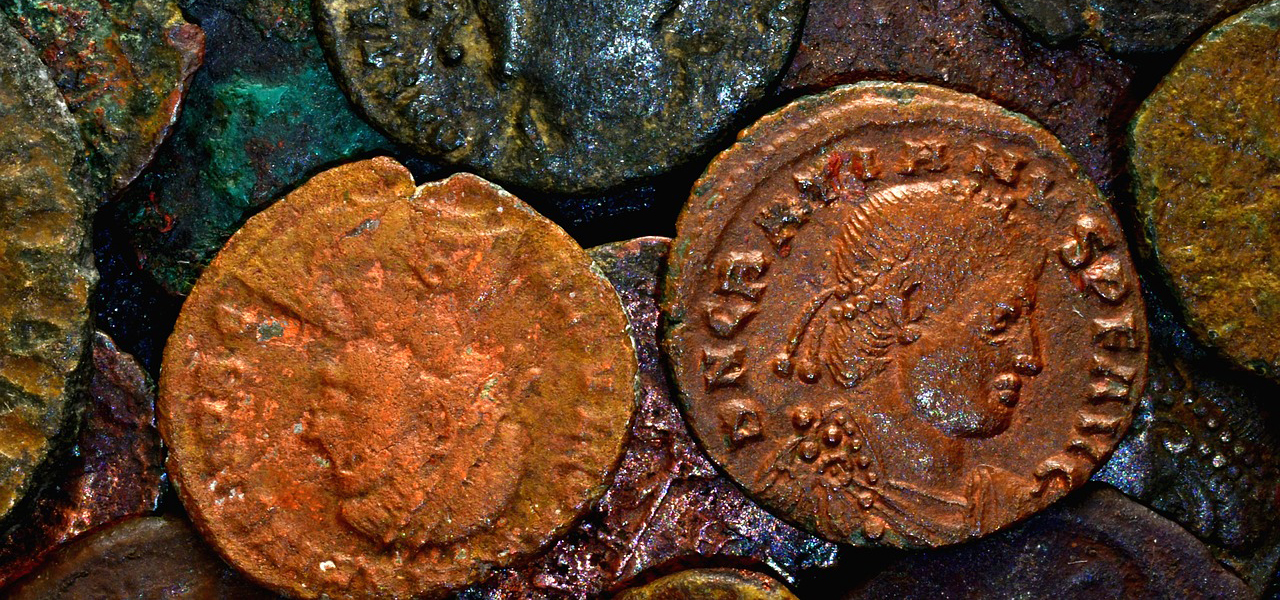
Luke 20:19-26
The chief priests and the scribes, having perceived that the Lord Jesus had spoken the parable of the vineyard (Lk 20:9-18) against them, watched Him with evil intent. They sent spies from the Sanhedrin, “which should feign themselves just men” (v.20), to listen to His words to find something to lay as a charge against Him before Pilate, the Roman governor.
We learn from Mark’s account that the spies were “certain of the Pharisees and of the Herodians” (Mk 12v13). They came with flattering words. They said that He had integrity, “we know that thou sayest and teachest rightly” (Lk 20:21), and was not guided by human opinion, “neither acceptest thou the person of any”. They said He taught the way of God without partiality, “but teachest the way of God truly” (Lk 20:21). Satan and the world still use flattery as a weapon to ensnare our feet. The danger is that we might listen to flattering remarks and be taken off our guard, The Lord Himself practised what he preached, “Woe unto you, when all men shall speak well of you” (Lk 6:26).
The delegation pose the question, “Is it lawful for us to give tribute unto Caesar, or no?” (Lk 20:22). Paying tribute was a highly charged, political and religious issue. The zealots, where possible, refused to pay taxes; the Pharisees paid them resentfully. The Herodians supported the payments. An answer in the affirmative would discredit Him to the people who regarded the tax as a shameful proof of their subjection to Rome. A negative response would be a just cause to accuse Him to the Roman authorities. Thus, the question was cleverly designed to do Him harm in whatever way it was answered.
“But he perceived their craftiness” (Lk 20:23). He was fully aware of the political and social issues that were involved in their deceit. He also knew that they were ready to do anything to trap Him. So, He asks, “Why tempt ye me?” (Lk 20:23). In throwing the question back at them, the Lord exposed the intent of their hearts. The reason why they asked was of far greater importance than any answer they might be given.
He says, “shew me a penny” (Lk 20:24). Compare this with, “shew me the tribute money” (Mt 22:19), and “bring me a penny” (Mk 12:15). Jewish copper coins would not carry the image of any person or living thing, and even Roman copper coins used among the Jews did not have an image. The silver penny or denarius, the only coin acceptable as tax money, bore the image of Tiberias. When the coin was brought, the Lord Jesus asked whose image and superscription it bore; they had to answer, “Caesar’s” (Lk 20:24). Hence the Lord’s response, “Render therefore unto Caesar the things which be Caesar’s” (Lk 20:25).
Our subjection and obedience to the powers that be, will involve rendering “to all their dues” (Rm 13:7). “Tribute to whom tribute is due”, a tax on persons and property, would embrace our present-day income tax, council tax and death duties. “Custom to whom custom”, a toll on goods, like the present-day value added tax. We must pay taxes even though we may know that the money is spent wholly or partly on projects which do not command our sympathy, or are wrong, or are at least unwise. It is not becoming for a Christian to grumble about paying taxes or to put off until the last minute paying what is due. Attempted evasion of payment of what is due to the Revenue Authorities by a Christian is utterly disgraceful.
The Lord Jesus adds the words, “and unto God the things which be God’s” (Lk 20:25). His answer not only showed the claims of Caesar, but of far greater importance, the claims of God. The two claims should never be confused, as far as we are concerned. “The things of God” would encompass all that He has revealed in His word and would require from us the appropriate response of love, honour, reverence, faith and obedience.
The section ends with the words, “they marvelled at his answer, and held their peace” (Lk 20:26): His answer amazed them in its wisdom and brought them to silence.
David E West.